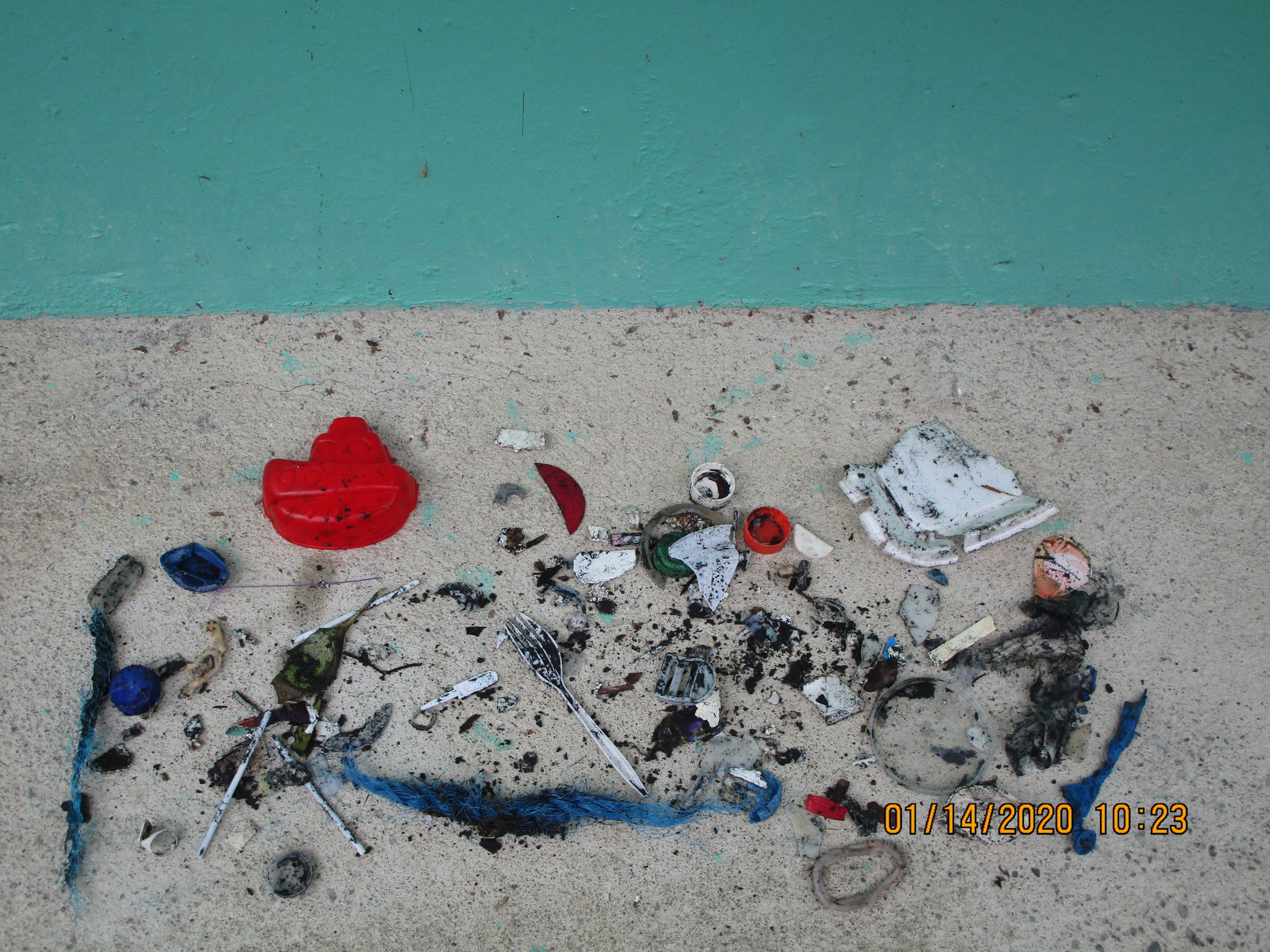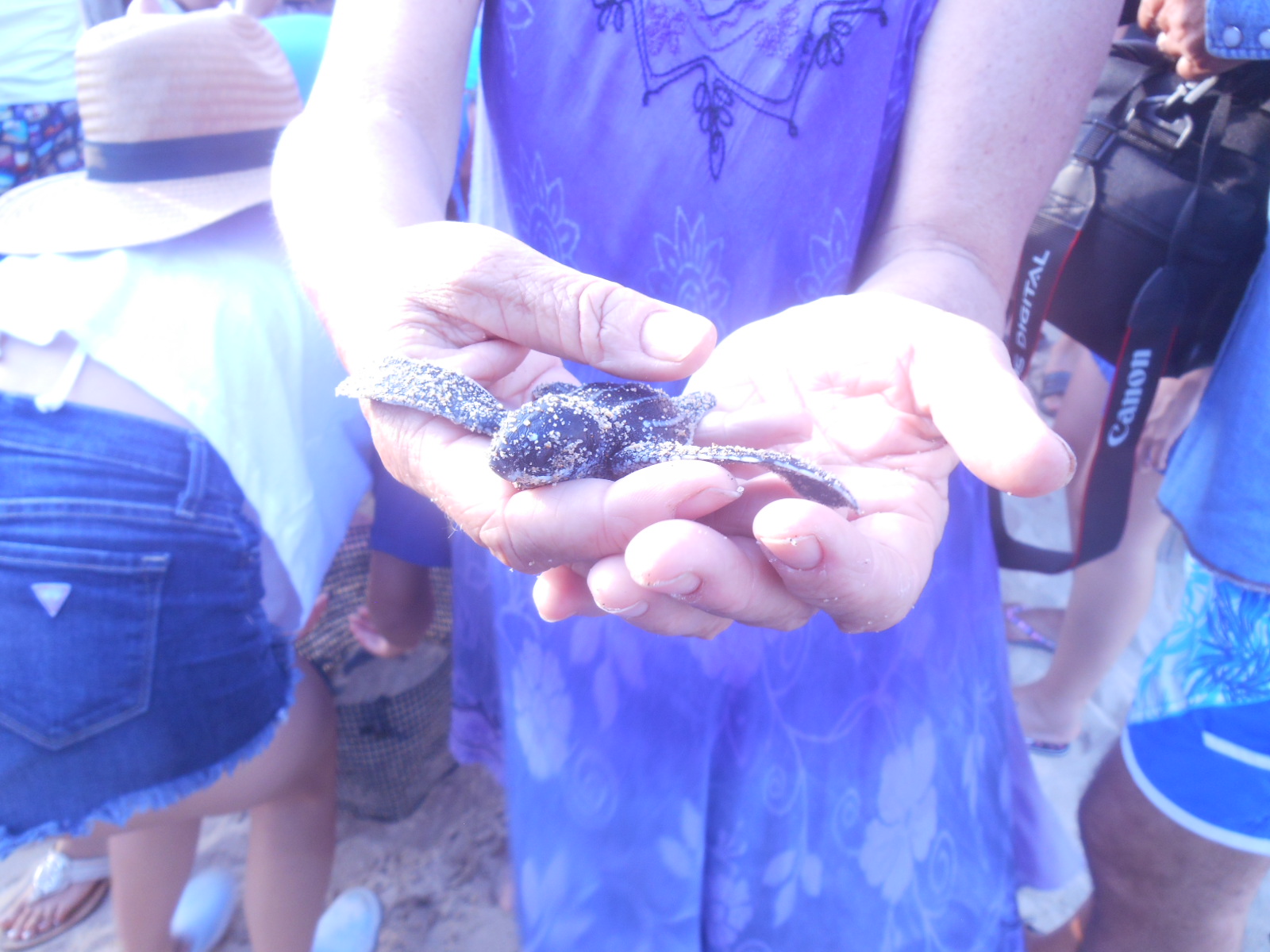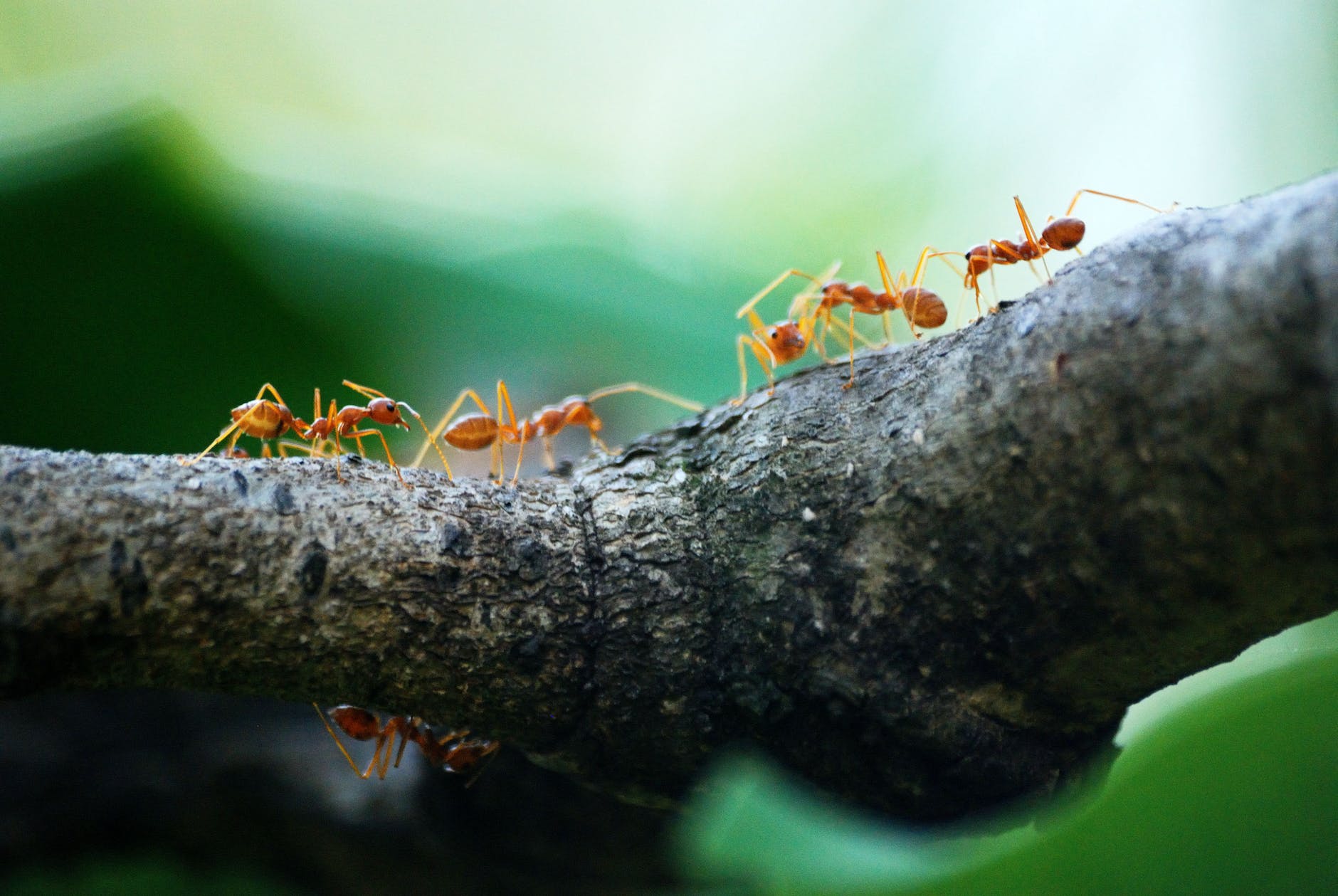Part One: Food Waste
One day while scrolling down the list of posts on social media, I was struck by something odd: Everyone is telling everyone else what’s happening and how bad it’s going to get. But no one is “showing, not telling” what they are DOING in their daily routines to resist impending disaster.
At the end of each month we receive the news, “This was the hottest month on record.” Now, we’re being warned that NEXT YEAR is going to be worse. Okay, we know what’s going to happen next. But what good is this knowing without doing anything about it?
We are familiar with the basic animal responses to danger: Fight or Flight. More recently, psychology has given us two other options: Freeze or Fawn. Freeze is what a rabbit does when it knows it doesn’t have a fair chance of outrunning its predator. Fawn is what a mouse does just before the cat begins to devour it.
Freeze and Fawn. Understanding these primal responses may explain the maddening yet typical response of folks when it comes to confronting the existential enemy of climate cataclysm. We’ve been informed—for years—that the clock is ticking down the seconds to the Tipping Point at which everything falls apart. But why is it that so many people have given up hope (Freeze) and a growing number of people have even started to brace themselves for certain death (Fawn)?
The worst thing we can do—I’m talking to Baby Boomer adults—is to betray the future by giving up.
There is still time to DO SOMETHING, something simple and transformational.
I’m not talking about buying guns and bitcoin: I’m talking about stopping the clock. How?
STOP WASTING FOOD.
Why? Three reasons.
The first reason is that landfill waste is a major producer of methane gas. The more kitchen waste we toss away in plastic garbage bags, the more we speed up the process of global warming. This simple act of reducing what we throw in the landfill does have a significant impact. If we begin, others will follow our example. Many developed nations are forcing citizens to reduce their garbage output. What is wrong with the United States?
The second reason is something that may not have occurred to some folks: Agricultural production requires a major portion of our fossil fuel supply. It is nothing short of foolish for consumers to throw away food grown by farmers and processed by the food industry, all of whom worked very hard to provide us with what we eat. Not to mention, throwing away any product without using it is an illogical and troubling waste of finite resources.
The third reason is one we do not want to think about, but we must: Collapse of the food supply. Heat, drought, and floods destroy crops and kill animals, not to mention kill farmworkers and put farmers out of business. India has stopped exporting its rice: it foresees the coming food crisis. It is only a matter of time until “waste not, want not” will be our reality.
And even if I’m wrong; even if climate change is a hoax and all those scientists are wrong, reducing our food waste is simply the responsible thing to do.
To repeat: The one thing we all can do, with very little effort at all, is to stop wasting food.
Instead of telling you what to do, I am going to show you what I do, and have been doing for a long time.
To begin with, I buy less food. I only buy bulk items that have a very long shelf life, like grains and nuts. For perishable items, I make sure I use them all before buying more. From what I have seen, “stocking up” is another word for setting myself up to waste extra food.
I use the food I buy. I do not run out to the store if I run out of a single item. Instead, I substitute, or change the recipe. Many cookbooks provide an index of substitute or alternative items in recipes. Over the years, I have learned how much fun it is to find creative ways to substitute and combine unlikely ingredients to make new dishes.
Leftovers: I do not let the plastic or glass containers of leftovers pile up in the fridge until they all need to be tossed away. By the end of a week, I go through them to use for Leftovers Night. When my children were still at home, Leftovers Night was celebrated with a special dessert – a reward for their willingness to eat stuffed peppers (their least favorite dish, but the best way to use leftovers like rice, pasta, beans, spaghetti, and vegetables).
And if I don’t catch some of the leftovers in time, no problem: I add these to the compost bin.
Composting: A worthy digression
Composting is an essential ingredient to reducing food waste. I have been practicing the art of composting for at least 40 years. I am a composting advocate because, sadly, this simple practice is not as popular as it needs to be. Composting is so essential that I have considered offering workshops to neighbors and friends.
But there is an art to it: Too much green waste (kitchen waste and grass clippings) creates methane gas. Brown materials must be mixed with green; for example, dry grass and leaves, unwanted dirt, and any type of paper or cardboard can be added to the compost bin and thus saved from the landfill.
Spoiled dairy products belong in the compost bin, but meat waste is a no-no. This is what I do with leftover meat and bones: First, I make soup stock. Then, I store the used-up bones and fat in the freezer until I can burn them in a campfire. Bone ash makes great fertilizer to enrich the compost.
When the compost is ripe, I use it as a fertilizer and soil builder.
By doing this one thing: Stop Wasting Food, we will be DOING SOMETHING, which will give us some hope and distract us from the temptation to freeze or fawn in the face of climate catastrophe.
Stop Wasting Food!
Stop the Waste! (Part II)
Stop the Wasteful Lifestyle
Here is what I did to begin doing something to stop the clock. In late 2019 I made the decision to resist the normal impulse to freeze or fawn in the face of fear.
Instead of shrugging my shoulders and joining the fatalistic millions, I took drastic action to change my lifestyle. I made the decision to live more on less by retiring a couple of years early. I sold my car and moved to Costa Rica, a place with a consistently temperate climate, where I would not be dependent on fossil fuels for survival. Here I can live simply, in a small house (I rent), without a car.
I stopped ordering things online and weaned myself off of imported goods. Instead, I started plugging into the local economy, by buying most of my food at the weekly farmers’ market and foraging for wild fruits in season that are everywhere around me. I have always been a gardener, always recycled, always composted my kitchen scraps and yard waste. So, this drastic readjustment went fairly smoothly. But even here, I see the same lack of personal responsibility among my neighbors.
I began to unlearn my dependence as a consumer on whatever the trends pressured me to buy. Instead, I began to look back and reflect on the typical lifestyle of my grandparents’ generation. Once upon a time, the term “frugal” was a trait to be admired, and “Use it up, wear it out, make it do, or do without” was the rule. Not too long ago in the United States, many people conserved rain water in cisterns, bathed less, and dried their clothing on clotheslines. Their “climate control” was space heaters in winter and front porches in summer. And…they didn’t throw away their leftovers.
Maybe folks a century ago didn’t have walk-in closets full of trendy clothing, or freezers full of Costco delicacies. But they lived meaningful lives, and it may be argued, happier lives.
If we are going to survive, we need to re-adapt to some of those old and wise ways of living.
We have finally realized that Baby Boomer generation was an aberration. Yet, we still consider it the Norm by expecting unlimited economic growth and conspicuous consumerism to continue far into the future. But it isn’t going to. It ends with us, and we’re way beyond the point of complaining about it.
It’s not easy to make lifestyle changes: it takes changing our minds first. Not everyone has the option of moving to a different region or country—what is now known as “climate migration”—but it is feasible to downsize from an energy-guzzling McMansion to a smaller, more energy-efficient home.
In any situation, whether it means moving to Costa Rica or selling the second car, I’m here to tell you that learning how to be frugal may be the difference between surviving and perishing.
An elderly friend I knew many years ago once told me her story of the years she was a World War II prisoner of war. As a missionary in Hong Kong at the beginning of the war, she and her children were evacuated too late to get to North America. Their ship was captured by the Japanese and they were taken as prisoners of war, placed in a prison camp in the Philippines until the war ended. The Japanese were brutal, and fed their prisoners starvation rations. My friend’s secret to survival? She was frugal, wasted absolutely nothing. Her children would reach their small hands through the prison fence to pull grass and weeds to supplement their daily soup. But a rich man who was imprisoned during the same time did not survive. Why not? Because he refused to change his wasteful lifestyle. A servant brought him his usual three meals a day to his prison cell, until the day when these meals abruptly stopped. This man was dead within three weeks because he had refused to reduce his consumption.
Here is the number one thing I am doing and that you can do, too. It’s simple: STOP THE WASTE!
Conserve everything: Water, Food, Energy, Time, Life
Buy used items as a first choice
Practice the 4Rs: Reduce, Reuse, Repurpose, Recycle
Slow down
Think. Don’t panic
Stop consuming, throwing away, and wasting things with the attitude that everything is limitless. It isn’t.
Stop saying “If it’s cheap, I should buy it.”
Stop saying “It doesn’t matter just this one time.”
Think before buying: “Will something bad happen if I don’t buy this?”
Stop ordering things online. Or if you must, practice a 24-hour waiting period before ordering
Don’t buy any new devices just because you think you need an update. I still use my 2012 Toshiba laptop, and it works fine.
Stop driving if you can. If you can’t, drive less: move, or ride-share, or change jobs. Go out less
Take the bus. Ride your bike. Walk. Stay home more
Reduce electricity and fossil fuel use:
- Get rid of central heating and air conditioning, and do what the rest of the world does: Heat and cool smaller spaces.
- Go to bed early. Use table lamps to read by: turn off the ceiling lights.
- Turn down the heat in winter: Use a space heater, wear layers of warm clothing.
- Keep the AC at 80 degrees. Better: get rid of central AC and use a portable AC unit to cool one room at a time. Install ceiling fans, use floor fans to circulate cool air.
Reducing lifestyle waste has its positives, too:
Sit on the front porch in the evenings, not in front of the TV.
Plant trees, plant a garden, plant flowers to give the insects something to eat.
Leave a wilderness corner on your property for the animals that are forced by habitat loss to share space with you.
By intentionally making changes in our lifestyles that will conserve resources and reduce waste, we are preparing to have a future.
I was one of those folks who took the Y2K scare with a grain of salt but made some preparations just in case. It was not a bad idea. I learned how to store water, what types of bulk foods have the longest shelf life, and how to make my own bread from whole grains. I lost nothing, and gained much from making the effort to be prepared. And, I didn’t have to buy any dried beans or salt for at least five years.
After each natural disaster that strikes, our community leaders urge us to prepare “go bags” to have in readiness for a next disaster. Community stability increases when individuals know how to take care of themselves in an emergency. In other words, we have nothing to lose and everything to gain by considering some adjustments to our lifestyles that will make us less vulnerable to disaster, whatever and whenever that may be.


